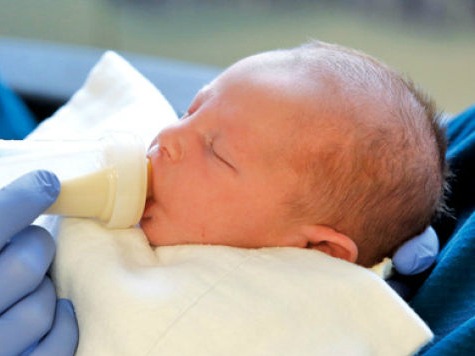
A new Rasmussen poll indicates that fewer voters than ever are calling themselves pro-choice, and the gap between pro-choice and pro-life voters is the narrowest it has been.
The survey of 1,000 likely voters finds that 46 percent of those polled now consider themselves to be pro-choice, the lowest outcome in three years of regular polling.
Results indicate that 43 percent say they are pro-life, which matches the highest outcome to date. Eleven percent say they are undecided.
Similarly, a recent Gallup poll indicates that more Americans regard themselves as pro-life than pro-choice. That survey found that 48 percent of Americans say they are pro-life, while 45 percent say they are pro-choice.
The Weekly Standard’s analysis of the poll also demonstrates that opposition to abortion is clearly on the rise, as, just ten years ago, those percentages were flipped. In the mid-1990’s, those who considered themselves pro-choice outnumbered those who said they were pro-life by about 20 percentage points.
The Gallup poll highlights another interesting perceptual feature, according to the Weekly Standard:
Those who work in America’s newsrooms are overwhelmingly in favor of abortion’s legality, and they tend to report the issue as if anyone who opposes abortion is a fringe religious fanatic. (Moreover, they rarely miss an opportunity to subtly editorialize by describing opponents of abortion as being against “abortion rights.”) It’s telling, therefore, that while Gallup’s polling indicates that a plurality of Americans are pro-life, Gallup’s respondents guessed that only about a third of their fellow Americans share those pro-life sentiments.
When asked, “What is your impression of how most Americans feel about abortion — do you think most Americans are pro-choice or pro-life?,” only 35 percent said they think most of their fellow Americans are pro-life, while 51 percent said they think most of their fellow Americans are pro-choice. That 16-point gap represents a whopping 19-point swing from how their fellow Americans described themselves.

COMMENTS
Please let us know if you're having issues with commenting.